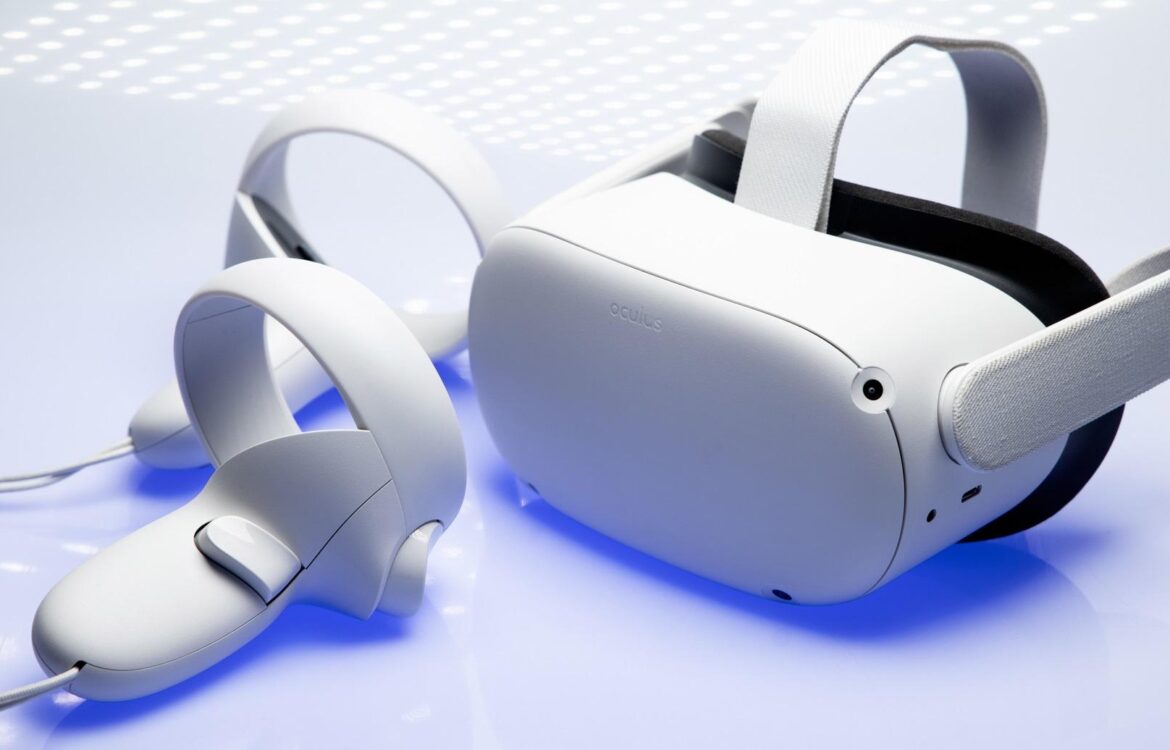
SAU Receives $147K Grant to Advance Student Success for STEM Students
 Students at Saint Augustine’s University (SAU) are taking their research to the next level thanks to a $147,216 planning grant from the National Science Foundation (NSF). The two-year grant from NSF’s Historically Black Colleges and Universities Undergraduate Program will support undergraduate research this semester by developing two technology centers on the university’s campus, the Virtual Reality STEM Learning Center (VRSLC) and the STEM Communication Resource Center (SCRC).
Students at Saint Augustine’s University (SAU) are taking their research to the next level thanks to a $147,216 planning grant from the National Science Foundation (NSF). The two-year grant from NSF’s Historically Black Colleges and Universities Undergraduate Program will support undergraduate research this semester by developing two technology centers on the university’s campus, the Virtual Reality STEM Learning Center (VRSLC) and the STEM Communication Resource Center (SCRC).
“We are thrilled to receive this grant from the National Science Foundation, as it will greatly enhance our ability to support undergraduate research and STEM education at SAU,” said SAU President Dr. Christine Johnson McPhail. “This grant not only highlights the importance of historically black colleges and universities in advancing scientific knowledge but also demonstrates the commitment of the NSF to empowering underrepresented communities in STEM fields. We are excited to explore how virtual reality integration and enhanced printing capabilities will transform the way we teach and conduct research at SAU.”

The planning grant project, titled SAU STEM Ecosystem Analysis, is designed to conduct an institutional landscape analysis to understand and develop practical approaches to impact student persistence, STEM pedagogy, and undergraduate research. In addition, this grant is the second consecutive NSF award earned by SAU Principal Investigator and Associate Professor of Biology Dr. Lawrence Flowers, who won a $350,000 NSF grant for the university in August 2022.
“I’m excited for our students and I believe that successful planning endeavors are essential to produce substantive institutional change that results in higher retention and graduation rates,” said Dr. Flowers. “Ecosystem analysis utilizing survey-based assessments of various SAU stakeholders (e.g., students, faculty, and administrators) will lead to effective identification of transformative initiatives applied to the STEM macrocosm and produce seminal data for future grant proposals.”
 The VRSLC will be equipped with immersive mobile virtual reality headsets (e.g., Meta Quest 2) and will have the potential to serve as an intervention site for pedagogical activities. In addition, pilot studies will explore the impact of immersive educational media on student learning to explore how instructional migration from the physical world to the virtual reality world impacts STEM student outcomes. Opportunities associated with the virtual reality integration include transforming how SAU faculty teaches biology, chemistry, math, exercise science, human anatomy, and physiology and complementing how SAU trains student-athletes for intercollegiate competition.
The VRSLC will be equipped with immersive mobile virtual reality headsets (e.g., Meta Quest 2) and will have the potential to serve as an intervention site for pedagogical activities. In addition, pilot studies will explore the impact of immersive educational media on student learning to explore how instructional migration from the physical world to the virtual reality world impacts STEM student outcomes. Opportunities associated with the virtual reality integration include transforming how SAU faculty teaches biology, chemistry, math, exercise science, human anatomy, and physiology and complementing how SAU trains student-athletes for intercollegiate competition.
The SCRC will feature a 24″ poster color printer and a 44″ poster color printer, allowing students to print professional quality research posters on campus. The SCRC, among other things, will close the student preparation-to-presentation (PtP) pipeline and enhance faculty mentoring during the poster production process to improve the quality of students’ scientific posters. Moreover, the SCRC will defray student costs of printing research posters for external conferences, symposia, and the Annual Research Day at SAU.
